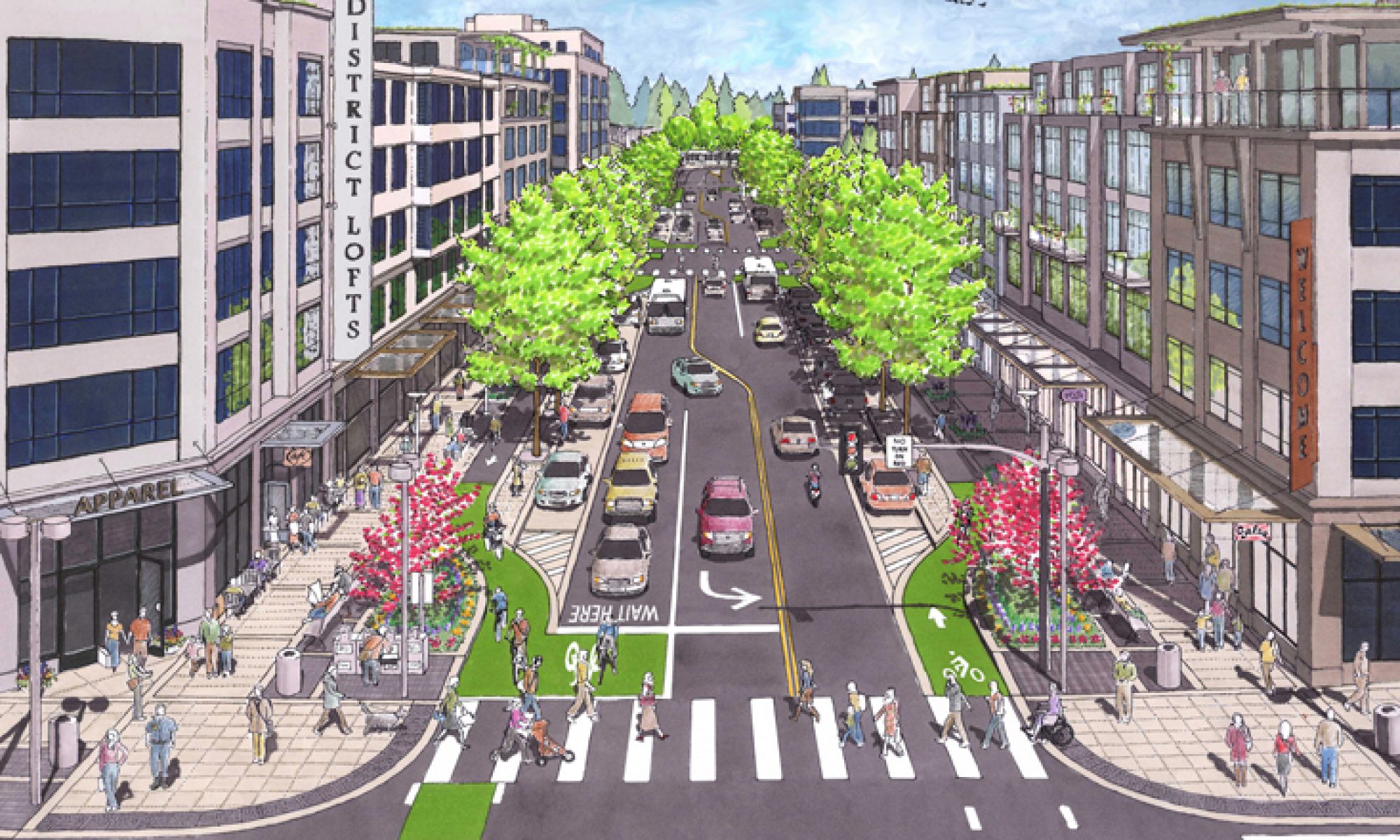For those applauding the passage of the Infrastructure Bill…
Step one for repairing a problem: Stop making it worse
- The refrain “roads and bridges” – there is no provision to repair anything before building new and bigger roads adding to environmental disaster.
- Money for transit, but billions to promote more driving will undermine it as long as we keep building new roads and prioritizing driving as an unalienable American right.
- The US has a horrible history of building highways bisecting and destroying already poor neighborhoods, yet the practice continues with Louisiana’s current $750 million plan to bulldoze a Black neighborhood in Shreveport.
- Subsidizing oil and gas industries keeps fueling cars and the construction of new roads, continuing the destruction of the environment.
- President Biden’s pledges to cut emissions, pointing at the transportation sector. But “Beth Osborne [and T4America]… accused Congress of ‘doubling down on a dinosaur of a federal transportation program’ that she said has produced a dangerous, inequitable and unsustainable transportation network.” – Airline, automotive, oil, gas and all related industries like asphalt etc. are all responsible for the climate disaster.
“With the infrastructure deal completed, the Build Back Better budget reconciliation act is still awaiting action. That package does include some important provisions for improving access to transit, grants for reducing emissions, and more. But it’s tough to swallow knowing that the infrastructure deal is likely to make many of these same issues worse, something we wrote about last week:
“We are encouraged to know that Congress is taking seriously the need to address climate change, equity, and economic recovery. But the $40 billion included here unfortunately won’t be enough to redeem the $645 billion-plus infrastructure bill that will continue to make many of those same problems worse. As we’ve said throughout the second half of this year, the administration has a difficult task ahead to advance their stated goals of repair, safety, climate, equity, and access to jobs and services through these small improvements, while spending historic amounts on unchanged programs that have historically made those issues worse.”






